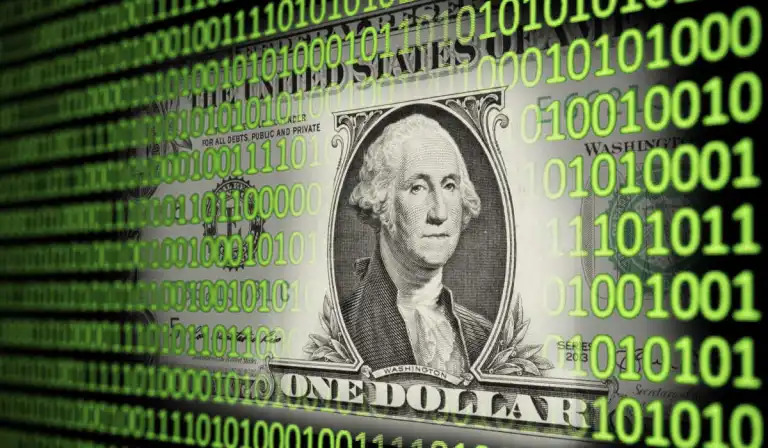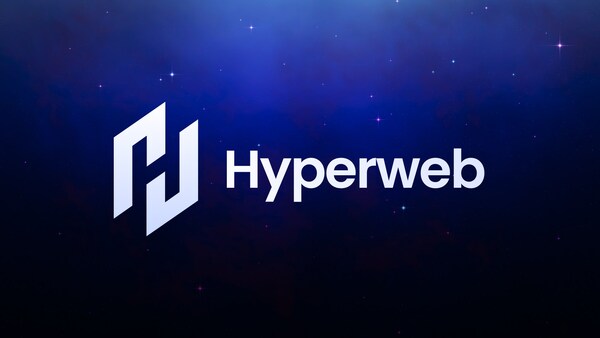
What Is Programmable Money?
Smart contracts are self-executing agreements resident on a blockchain. No middlemen, such as banks or payment processors, are required.
A good example is whereby a company hires a freelancer, and upon the work being done and verified, a smart contract can automatically release the payment. This automates and reduces delays in adding fairness to both parties. Unlike the traditional banking systems that take days to effect transactions, programmable money enables instant and trustless transactions.
How Smart Contracts Work in Payments
Smart contracts are built using blockchain networks like Ethereum, Solana, and Cardano. These contracts contain rules that trigger actions when conditions are met. Here’s how they work in payments:
- Agreement Setup – Two or more parties define payment terms in a smart contract.
- Verification – The contract checks whether the conditions are met, such as product delivery or service completion.
- Execution – Once the criteria are fulfilled, the smart contract releases the payment automatically.
- Record Keeping – Every transaction is recorded on the blockchain, ensuring transparency and security.
By removing manual processes, smart contracts improve efficiency and reduce costs associated with third-party involvement.
Benefits of Programmable Money
Programmable money offers several advantages over traditional financial systems:
- Faster Transactions – Payments occur in real time without needing manual approval.
- Lower Costs – No intermediaries mean fewer transaction fees.
- Security – Blockchain ensures fraud prevention and tamper-proof records.
- Transparency – All transactions are recorded publicly, reducing disputes.
- Automation – Payments are processed automatically, improving efficiency.
- Global Access – Cross-border payments become easier and cheaper.
These benefits make programmable money attractive to businesses, freelancers, and financial institutions.
Use Cases of Programmable Money
Smart contracts enable various real-world applications for programmable money. Some of the most impactful use cases include:
|
Use Case |
Description |
|
Payroll Automation |
Companies can use smart contracts to pay employees automatically on a set schedule. |
|
Supply Chain Payments |
Suppliers receive payments instantly when they deliver and verify goods. |
|
Insurance Payouts |
The system processes and pays out claims automatically when conditions are met. |
|
Lending and Borrowing |
Automated agreements issue and repay loans. |
|
Subscription Services |
The system handles payments for memberships or services without manual renewals. |
|
Escrow Services |
The system holds and releases funds only when both parties fulfill their obligations. |
These use cases show how different industries can benefit from smart contract-based transactions.
Challenges and Limitations
While programmable money offers many advantages, there are also challenges to consider:
- Technical Complexity – Not everyone understands blockchain and smart contracts.
- Regulatory Uncertainty – Governments are still developing rules for digital payments.
- Security Risks – Smart contracts can have coding errors that hackers exploit.
- Limited Adoption – Many businesses still rely on traditional banking systems.
- Network Fees – Transactions on some blockchains can become expensive during high demand.
Despite these challenges, ongoing innovation is making programmable money more accessible and reliable.
The Future of Programmable Money
Programmable money will be a big element in the international financial systems. More businesses and people realize its potential, therefore, have started to adopt it. Governments are also exploring CBDCs with smart contract features.
Blockchain, as it evolves, will have lower transaction costs and greater security. Financial institutions will adopt smart-contract-powered payments, making each digital transaction frictionless. In turn, programmable money in this process replaces a host of traditional bank processes over due course.
Programmable money through smart contracts is the new order to make payments for speed, security, and automation, reducing reliance on intermediaries. That means businesses can automate payroll, supply chain payments, and insurance claims, while people conduct transactions instantly and transparently.
While there are still challenges ahead, the future of programmable money is bright. As blockchain technology continues to advance, more industries will adopt financial solutions based on smart contracts. Understanding this innovation today empowers individuals and enterprises to prepare for the future in digital payments.





